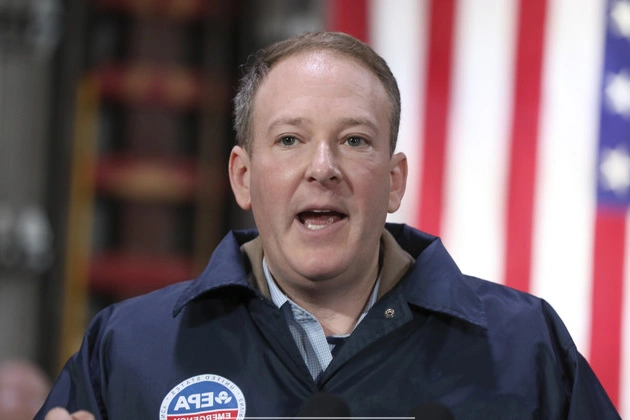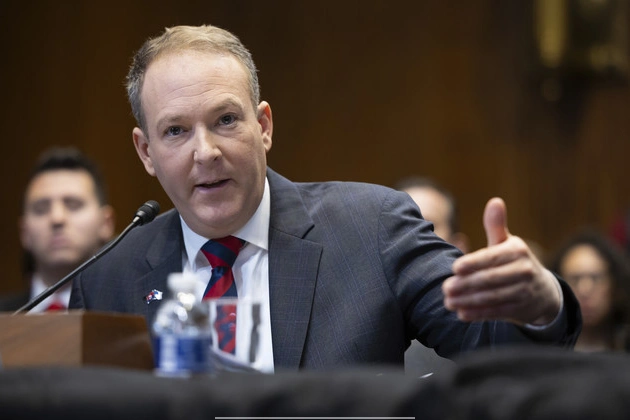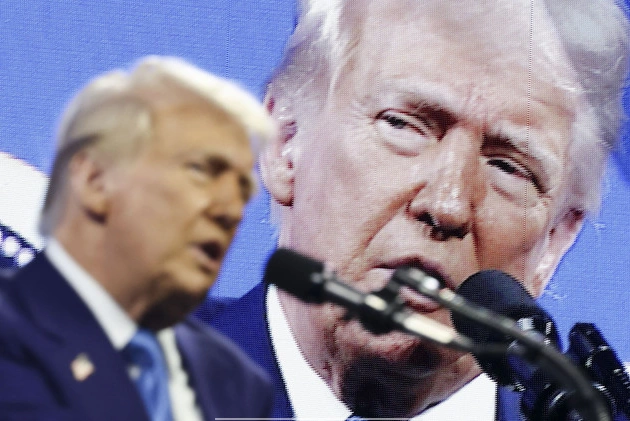
President-elect Donald Trump has pledged a vigorous campaign against President Joe Biden’s push to establish electric vehicles as the primary mode of transportation in America.
However, Biden’s recent decision has thrown a wrench in Trump’s plans to thwart the electric vehicle (EV) revolution.
A crucial waiver granted by the U.S. Environmental Protection Agency has empowered California to implement the most ambitious EV requirement in the nation, aiming to phase out new gasoline and diesel-powered vehicles by 2035. With eleven other states also adopting California’s standard, the combined market force is expected to incentivize the auto industry to invest heavily in electric cars, despite Trump’s opposition.
While Trump is determined to overturn California’s EV regulations, a durable legal foundation underpinning the recent waiver could pose a significant challenge for the Trump administration for the foreseeable future, according to experts. Automakers may now find themselves compelled to commit to EV production, even though reversing course could prove costly.
Biden’s strategic move sets the stage for a potential showdown between the new administration and California Governor Gavin Newsom, who is steadfast in his commitment to future-proof the state against climate change impacts.
The escalating conflict is poised to shift the focus from ‘Biden versus Trump’ to ‘Trump versus Newsom,’ as highlighted by Barry Rabe, an environmental policy expert at the University of Michigan.
Despite Trump’s vocal criticism of Biden’s ‘insane electric vehicle mandate,’ the real concern for Republicans lies in the stringent EPA regulations on greenhouse gas emissions. These regulations, though not mandating EV sales, effectively require automakers to have half of their sales as electric vehicles by 2032 to comply. Nationally, EVs accounted for nearly 10% of vehicle sales by June this year, with California leading at almost 27%.
With the impending power shift, automakers are now eyeing California as a more immediate challenge than the EPA regulations.
The auto industry’s main lobbying group, the Alliance for Automotive Innovation, labeled California’s 2022 rule as ‘an electrification sales mandate’ and ‘a ban on new gas-powered vehicles,’ underscoring the contentious nature of the regulations. Nonetheless, the EPA waiver has given California the green light to proceed.
Anticipated to be a focal point in the coming years, the waiver is poised to ignite debates as electric vehicles take center stage in the political landscape.
Democrats view EVs as essential tools in combating climate change and global competition, while Republicans, including Trump, criticize the Biden administration’s EV initiatives as excessive government intervention in the auto industry.
In addition to the EPA regulations, Biden’s administration has leveraged loans, grants, and tax credits to incentivize EV production and consumption. For instance, the recent $9.6 billion loan for a battery plant joint venture between Ford and a South Korean company underscores the administration’s push for domestic EV manufacturing.
Amidst this charged environment, California’s ability to secure waivers for air pollution regulations is expected to fuel further conflicts, especially as Trump gears up for his second term.
While the Trump administration may seek to challenge the new California waiver, legal experts point to California’s long-standing history of securing waivers as a formidable defense in environmental law.
The waiver, a cornerstone of California’s efforts to combat climate change, grants the state authority to enforce stricter emissions standards. However, this authority is contingent on EPA approval, as mandated by the Clean Air Act.
California’s unique position stems from its history of pollution control efforts, necessitated by its significant pollution levels and challenging topography. The state’s pursuit of emissions reductions remains vital to achieving federal compliance standards, given the threat of federal funding cuts for non-compliance.
Washington’s approach to vehicle emissions is shaped by California’s waiver, which has historically resisted attempts to weaken pollution regulations by Republican administrations. Additionally, California’s standards often set the benchmark for Democratic administrations, reflecting a form of ‘leveraged federalism.’
Despite potential challenges from the Trump administration, automakers are likely to continue EV production to meet California’s stringent requirements and avoid financial penalties for non-compliance.
If Trump’s efforts to revoke the waiver extend into his second term, automakers could face escalating EV targets, with Democrats potentially regaining power in the subsequent years.
Despite industry concerns about meeting California’s mandates, the push for electric vehicles remains a critical aspect of the state’s environmental agenda.















